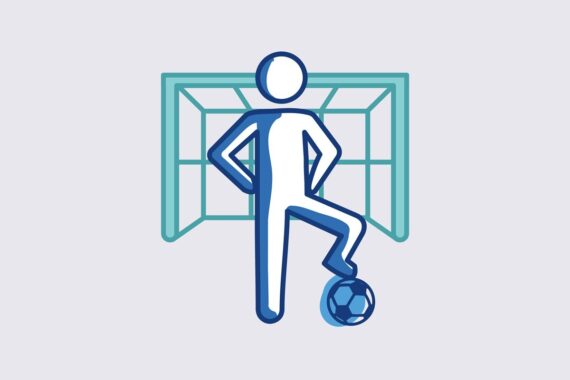Football doctor – all you need to know

Dr Patrick Ryder has worked as a crowd doctor for Wigan Athletic Football Club and Wigan Warriors Rugby League Football Club. He shares his experience working at matches and how to get into the role
How do I get into the role (including necessary qualifications)?
My interest in sport and connection with the club led to this opportunity. I completed the crowd doctor course run by the Rugby Football Union, which was recommended. While not mandatory, I think the importance of further education/diplomas/education etc. in developing a portfolio career develops a strong foundation when pursuing a portfolio career. If you want to go into other roles working at matches – such as a pitch side doctor – then you will need to obtain the relevant accreditation.
How much does it pay?
It depends on the club, but around £300 a match. That’s for about four hours work. You should also ask for travel expenses when working at other clubs.
How much time do I need to devote to it?
I used to do about three football matches a month at the home ground, but there’s also a lot of opportunity to pick up more work if you want to do so. The more networking you do with various clubs/stadiums/sports then the more likely your name is to come up in conversation when people are looking for doctors to provide cover. Be available, be reliable, and do your job (aka Roy Keane).
What’s good about the job?
It teaches you the importance of working in teams in medicine. I was part of a fantastic team around me at Wigan Athletic, with paramedics and St John Ambulance. Sometimes medicine can feel fragmented and tribal between specialties. But in environments like this, everyone brings their own training to work towards one common goal.
And obviously, if you have a passion or interest in sport as well, it’s just a fantastic experience and opportunity. I have been lucky enough to work pitch side as a team doctor for professional clubs and international teams.
What’s bad about the job?
You have to work your family, holidays, and life around the job because reliability is key. If you have committed to providing cover at a match, you have to be there because if the doctor doesn’t turn up, then the match cannot start.
Dealing with intoxicated people, which is often the cases at games, can also be difficult. It leads to more injuries, collapses and trouble which can be a lot to deal with. Some of this may happen outside the stadium, but many of them will be brought back to the medical room so you still need to treat them.
Advice from the MDDUS
Providing medical support at events varies in risk and requirement. While we don’t cover elite-level or combat sports, we may be able to help with community or crowd settings if you are trained at ST3 or above — contact us to check.
Click here to see all the other portfolio careers in this series
Portfolio careers
What is the right portfolio career for you?












